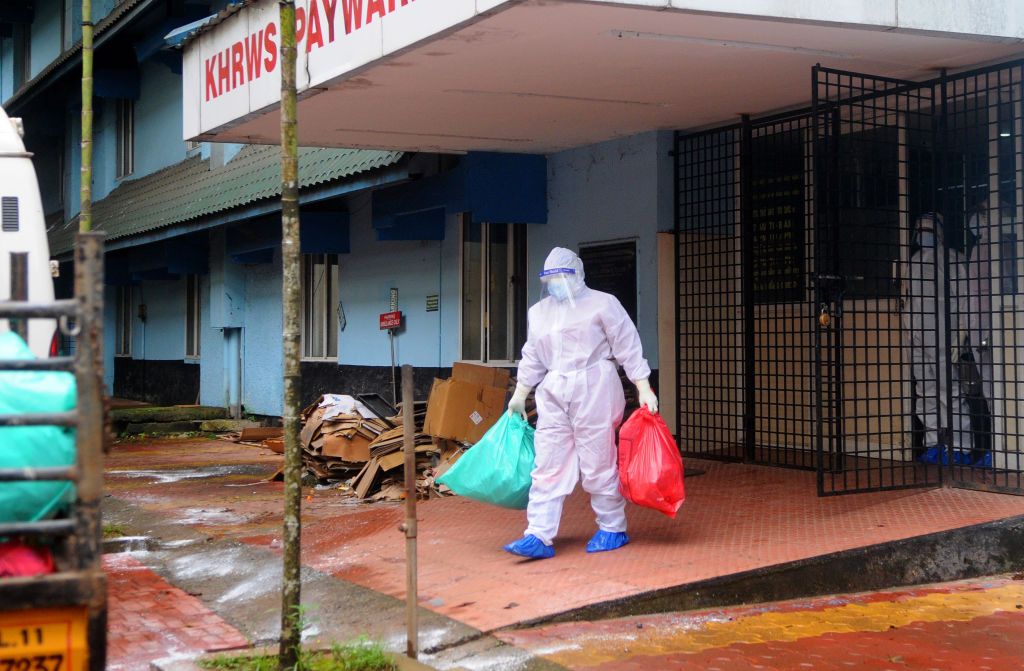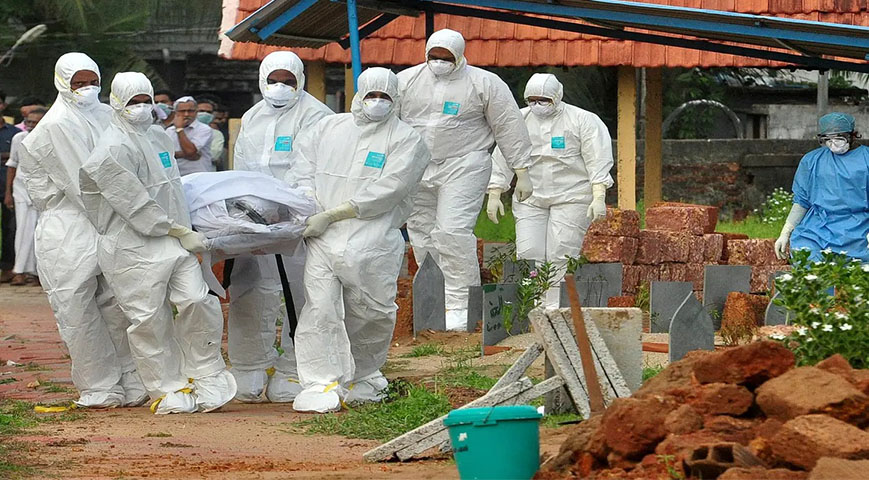A state in southern India is taking precautions to avoid the spread of the Nipah virus after two people died from the rare and often fatal disease, including closing schools and testing hundreds of individuals.
Kerala's chief minister, Pinarayi Vijayan, said the virus was discovered in the state's Kozhikode district and urged locals to be cautious and follow the health department's safety measures.

The virus has killed two people, he said in a statement Wednesday, marking the state's fourth epidemic since 2018.
Did you read this?
According to the World Health Organisation (WHO), Nipah is a zoonotic virus spread from animals to humans. It can, however, be transmitted through contaminated food or directly between people.
According to the US Centres for Sickness Control and Prevention (CDC), infection with the virus can result in mild to severe sickness.
According to the CDC, symptoms typically begin with a headache and tiredness but can swiftly progress to a coma in a few days.
It can also induce acute respiratory syndrome (in which the lungs do not supply enough oxygen to the body) and deadly encephalitis (brain inflammation).
There is no vaccination, and the only treatment is palliative care.
According to Kerala's health minister, Veena George, more than 700 people have been identified as close contacts and are being tested for the virus.
Seventy-seven of those are considered "high risk," she added that the group has been urged to stay home and monitor their health.
According to a statement issued by the district collector on Wednesday, authorities in Kozhikode have closed various schools in the area. Meanwhile, seven settlements have been designated as "containment zones," according to Reuters.
In 2018, Kerala had a fatal epidemic of the Nipah virus, killing 17 people and sparking widespread terror.









